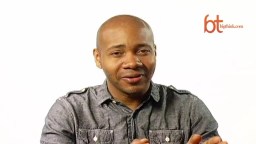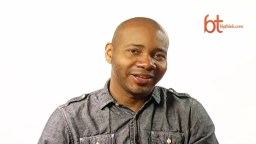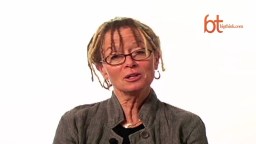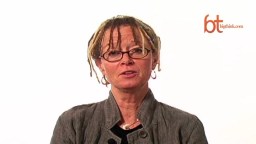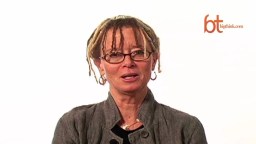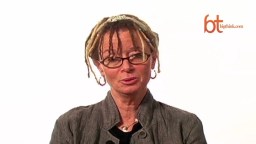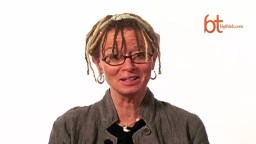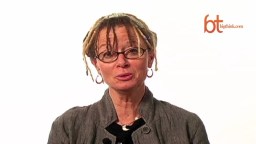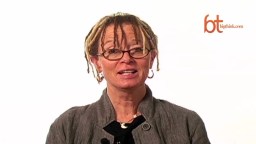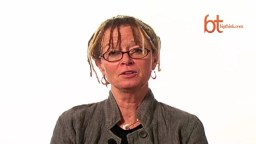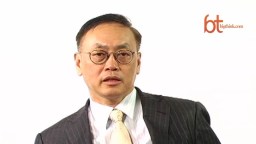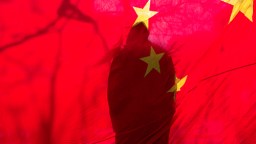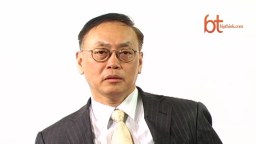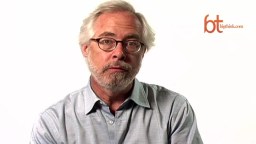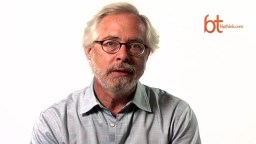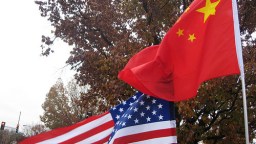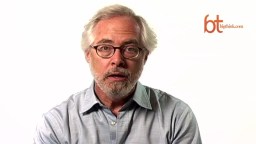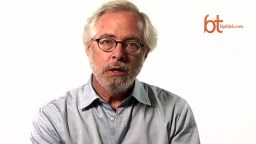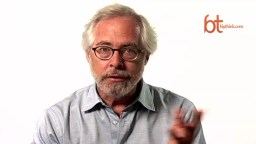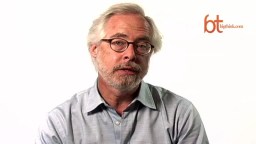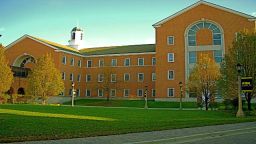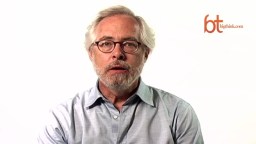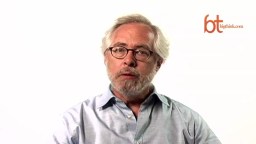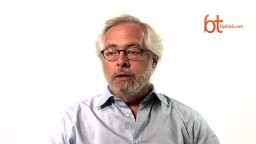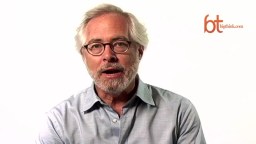All Videos
All Stories
DJing is like being a conductor, and a composer of collage—you get to “mess around with people’s memories of songs.”
▸
4 min
—
with
Paul Miller is more of a nuts and bolts kind of guy, while DJ Spooky can be wilder.
▸
3 min
—
with
The author of the classic writing guide “Bird by Bird” shares some of her favorite ways to get the creative juices flowing.
▸
5 min
—
with
Unlike Faulkner, the “Imperfect Birds” author doesn’t believe you should be willing to run over your grandmother for the sake of a great novel.
▸
3 min
—
with
Anne Lamott embraces her reputation as a popular novelist, but admits that she sometimes gets caught up in the pretentious side of her profession.
▸
3 min
—
with
A story of meditation, black coffee, and Safeway cakes.
▸
5 min
—
with
Anne Lamott used to seek inspiration in “drugs, alcohol, and poetry.” But writing her novels has always been more like arduous manual labor than an ecstatic high.
▸
4 min
—
with
Creating fictional people that seem real requires, among other things, writing a final draft in which you “take out all the lies.”
▸
5 min
—
with
Some social problems are too complex to attack in a 1,500-word editorial.
▸
5 min
—
with
“The difference between a writer who toughs it out and one who doesn’t is that you push through the parts where you know that you’ve just written seven pages when […]
▸
2 min
—
with
The 21st century economy will evolve from a U.S.-dominated landscape to a “multiple power” system whose success will hinge on cooperation, not competition.
▸
2 min
—
with
With competitive local search companies waiting in the wings, will Chinese users really mourn Google’s absence?
▸
3 min
—
with
The financial meltdown caught China off guard—and may make the country hesitate to follow Japan and other East Asian neighbors into full-fledged capitalism.
▸
2 min
—
with
Will China’s future economic success hinge on its willingness to democratize? Or will U.S. debt make the country a superpower sooner than we think?
▸
5 min
—
with
“There’s no point in going into a field like English literature unless you’re going to have fun with it.”
▸
2 min
—
with
The Harvard critic recalls feeling genuinely anxious about how things would turn out for the hero of “The Magic Mountain.”
▸
2 min
—
with
China is becoming progressively more open and entrepreneurial, but Western corporations shouldn’t assume they can export their traditional business models there.
▸
5 min
—
with
Creative writing programs have left a dominant stamp on American literature in recent decades. The Harvard professor is glad they’re around.
▸
2 min
—
with
Louis Menand recalls the most vehement reactions his essays have ever gotten—including one from a reader who didn’t realize Menand agreed with him.
▸
4 min
—
with
A conversation with Booz & Company’s Chairman for Greater China.
▸
20 min
—
with
Louis Menand isn’t sure the cognitive science approach to literature has yielded much of interest so far, but thinks there may be “some surprises around the corner.”
▸
2 min
—
with
Not on purpose, says the “Marketplace of Ideas” author. But the system is starting to hurt them nonetheless.
▸
2 min
—
with
The “Marketplace of Ideas” author suggests steps American colleges can take to become more ideologically diverse.
▸
3 min
—
with
The “problem of general education” haunts any college trying to design a core curriculum, but standardizing across schools is a poor solution.
▸
4 min
—
with
Whether we’re in postmodernism, post-postmodernism, or some other phase, one thing we’re not in is cultural decline.
▸
2 min
—
with
The kind of literary criticism that Lionel Trilling practiced, which assumed that national literatures reflected deep national values, is dead now.
▸
5 min
—
with
The audience that the New Yorker critic has in mind is “somebody who’s like yourself, but in a completely different discipline.”
▸
2 min
—
with
A conversation with the Harvard University English professor.
▸
28 min
—
with

